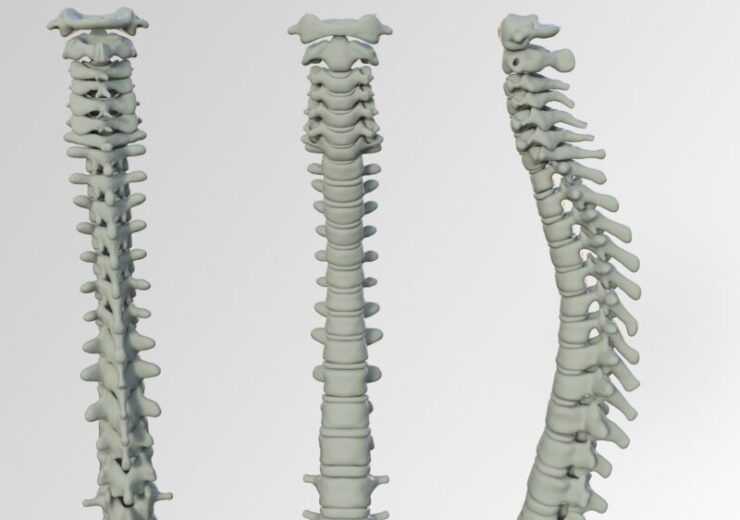ProLift Micro is an invasive spacer system that comes in an 8mm width and is expandable in-situ to 13mm to support procedures such as endoscopic TLIF/PLIF, MIS, and open

Life Spine has reported the first surgical cases of its PROLIFT Micro endoscopic expandable spacer system. (Credit: kalhh from Pixabay)
US-based medical device company Life Spine has reported the first surgical cases of its PROLIFT Micro endoscopic expandable spacer system.
ProLift Micro, which is a micro invasive expandable spacer with a specially created design, is said to support a variety of operations. These include endoscopic transforaminal lumbar interbody fusion (TLIF)/ posterior lumbar interbody fusion (PLIF), minimally invasive surgery (MIS), and open.
It is available in an 8mm width and may be expanded in-situ to 13mm.
Life Spine said that ProLift Micro can be inserted using a Micro Invasive cannula using endoscopic visualisation and expanded in place to restore disc height and patient alignment.
According to the firm, the endoscopic method allows the surgeon to work through a narrow channel, which reduces the retraction and incision that are necessary during transforaminal lumbar interbody fusions. The cannula also offers real-time imaging while shielding nearby neurological regions.
The medical device firm claimed that ProLift Micro is one of the first systems offering a full endoscopic fusion from visualisation and disc preparation to expandable interbody delivery.
Florida-based Dr. Anthony Hall said: “The Endoscopic approach of ProLift Micro allows for direct visualisation at the annulus level.
“Placement of an interbody is facilitated and secured by the ability to look directly at the cage and achieve optimal positioning with minimal entry for the patient.”
The device is also said to be post-packable and repositionable in situ and has intuitive instrumentation that aids in the protection of neural anatomy and surrounding vascular striations.
In the coming year, ProLift Micro is planning to launch a fully endoscopic spine procedure that will use ProLift Micro, an in-house developed mixed reality vision system and artificial intelligence (AI)-powered perioperative biometric data.
Earlier this month, Life Spine obtained the US Food & Drug Administration (FDA) approval to commercialise its GHOST 3D-printed titanium spacer systems.
